Are you looking to build business credit but need help figuring out where to begin? The path to robust business credit involves more than sound financial behavior; it’s about making informed structural choices for your company. This guide delivers concrete actions on building business credit, from securing an EIN to understanding the role of credit bureaus, ensuring your journey toward a stellar business credit score is clear and achievable. Dive into the article to demystify the process and empower your business’s financial future.
Key takeaways
- Establishing business credit begins with creating a separate legal entity like an LLC or corporation, securing an EIN, and setting up a dedicated business bank account to ensure financial independence from personal finances.
- Understanding different forms of business credit, the implications of personal guarantees, and interacting with credit bureaus are essential for navigating creditworthiness and financial resilience in the business landscape.
- Building a strong business credit profile requires timely payments, wise credit management, and leveraging financial tools and networking opportunities. It also requires maintaining a separation of personal and business finances to protect assets and credit standing.
Laying the foundation for business credit
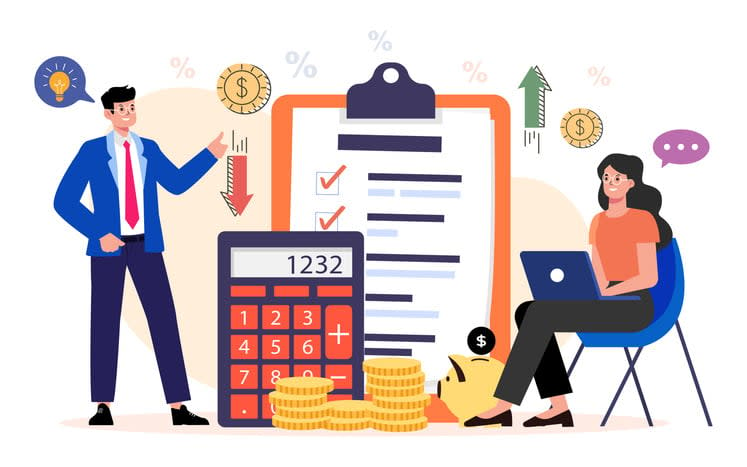
Early-stage businesses need to get many aspects of their operations right the first time. From team collaboration on Kumospace, hiring the best people, to a careful watch on finances, making mistakes creates harsh lessons.
As part of the finance side, the journey to build business credit begins with a critical decision: choosing the proper business structure. Opting for a separate legal entity, such as an LLC or corporation, not only shields your personal assets from business liabilities but also sets the stage for a distinct financial identity.
With that foundation in place, obtaining necessary identifiers and creating a business bank account should be simple, putting your business in good standing to lenders and credit bureaus.
Choosing a business structure
When you select a business structure, you’re defining the future of your legal responsibilities and your business’s credit potential. A Limited Liability Company (LLC) or a corporation offers protection for your personal assets and carves out a separate business entity crucial for establishing business credit.
Conversely, a sole proprietorship, while simpler, muddles personal and business liabilities and hinders the ability to build a business credit profile.
Securing an employer identification number (EIN)
Separating your identity from your business is a fundamental step, and obtaining an Employer Identification Number (EIN) from the IRS does precisely that. Think of the EIN as your business’s social security number; it’s a unique identifier that enables you to:
- Build a credit history separate from your personal one
- Establish your business as a separate legal entity
- Open a business bank account
- Hire employees
- File taxes for your business
Obtaining an EIN is a necessary move for any business owner.
Setting up a business bank account
A business bank account is not just a repository for your company’s funds; it’s a statement of your business’s independence. It simplifies financial management, from handling invoices to identifying tax deductions, and reinforces the distinction between personal and business finances, a separation that’s crucial for transparency and credibility.
Navigating the credit landscape
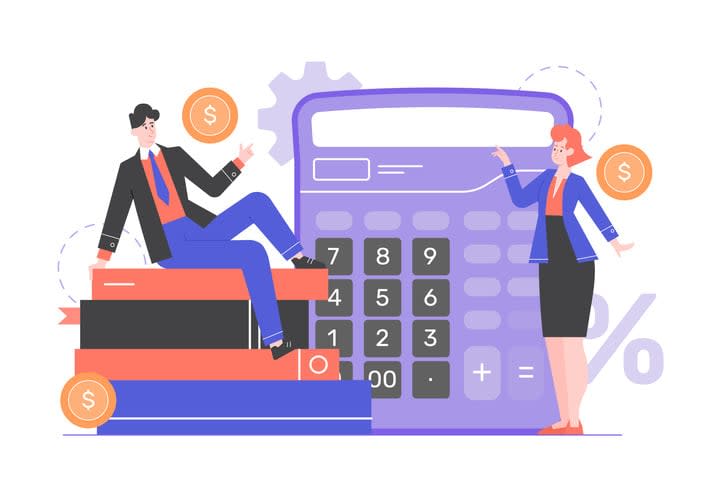
Understanding the terrain of business credit is akin to mastering the rules of the road before taking the driver’s seat. Recognizing the various types of credit available and the implications of personal guarantees on your financial journey makes for safer credit use.
Understanding different types of business credit
Business credit is available in various forms:
- Installment accounts, which function on a fixed-payment basis
- Revolving accounts, which offer flexibility in borrowing
- Vendor lines of credit, which extend trade credit that defers payment for goods or services
Each type of credit contributes uniquely to your business’s financial narrative.
They, including personal credit reports, are instrumental in painting a comprehensive picture of your business’s credit history and ability to manage financial obligations. These can be reflected in a business credit report and influence both business credit scores and personal credit scores.
The role of personal guarantees
Personal guarantees lift the veil between you and your business, placing your personal assets on the line to secure personal credit. These legal commitments can be daunting, as they may hold you responsible for the entirety of your business’s debts in case of default.
It’s a sobering reality that underscores the importance of responsible credit management and informed decision-making.
Interacting with business credit bureaus
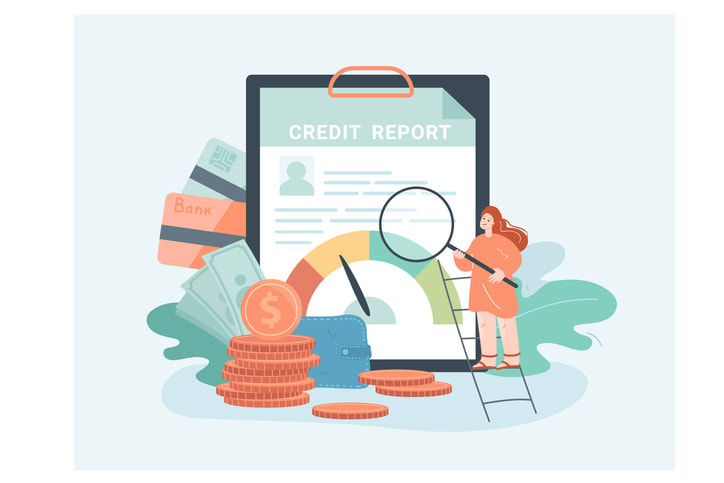
The relationship between businesses and major business credit bureaus is symbiotic. Your company provides the data; they craft your credit reports. By interacting with major bureaus like Dun & Bradstreet, Experian, and Equifax, you gain visibility into how your business is perceived financially and what steps you can take to enhance your standing in the credit ecosystem.
Registering with business credit reporting agencies
Registering with business credit reporting agencies, such as obtaining a D-U-N-S number from Dun & Bradstreet, is akin to opening the door to a world of financial opportunities. This unique identifier is your business’s passport in the realm of credit, often required by lenders and partners to gauge your business’s fiscal health.
Monitoring your business credit score
Vigilance is key when it comes to your business credit score. Regular monitoring not only ensures accuracy but also reveals areas for enhancement. It’s an investment in your business’s financial reputation, with services varying in cost across credit bureaus, reflecting the value of this critical oversight.
Credit-building strategies for businesses
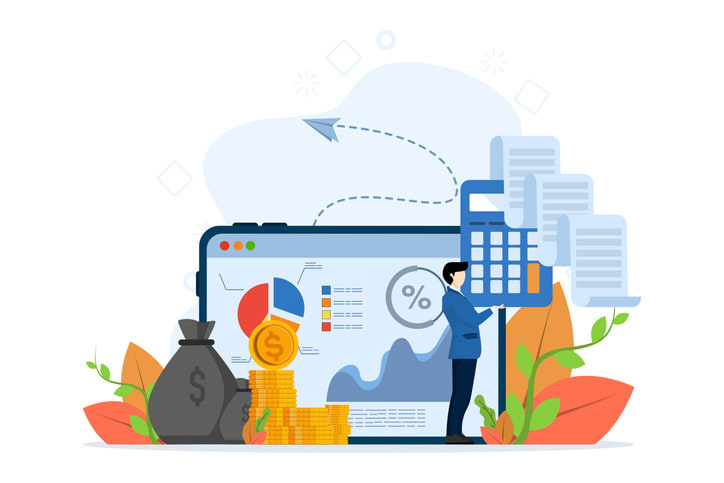
Strategizing your approach to credit-building is a testament to your business’s foresight. It requires a blend of timely payments and judicious credit usage to cement your business’s reputation as a reliable borrower.
These practices are the building blocks for a credit profile that opens doors to growth and success.
On-time payments: the backbone of good credit
On-time payments are the cornerstone of a sound credit history, a simple yet powerful indicator of your business’s reliability. This practice speaks volumes to credit bureaus and lenders, reflecting positively on your business credit score and establishing a track record of trustworthiness.
Using credit wisely
Wise credit usage is not just about restraint; it’s about strategic management. It involves understanding the nuances of business credit cards and lines of credit and leveraging them to support operational expenses while maintaining a healthy credit score. Regular reviews of financial statements and a cautious approach to opening new lines of credit are part of this prudent management.
Leveraging financial tools and resources
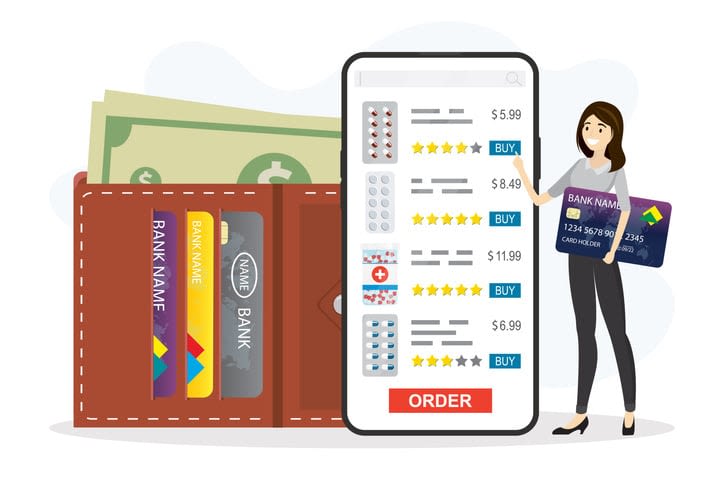
In the quest to build business credit, tools and resources such as online platforms offer a treasure trove of information and community support. These avenues provide insights into the experiences of other business owners and offer a means to learn, grow, and, ultimately, thrive.
Using Kumospace to learn about and share credit knowledge
Kumospace is a leading communications and collaboration tool for growing businesses that operate remotely. As part of an owner’s or manager’s role, Kumospace is a practical tool for entrepreneurs seeking to help teams improve information sharing and can boost financial understanding.
That can include explaining to staff how to use company credit cards or other forms of credit, explaining expense rules at upcoming events, and fielding questions from workers new to business credit. If you don’t have a dedicated HR team for onboarding, this can help avoid expensive mistakes.
These online communities foster discussions and workshops that delve into the nuances of credit strategies, particularly for LLCs looking to strengthen their financial standing. Since most remote businesses collaborate this way, adding a channel for financial help and advice can be extremely helpful.
Accessing workshops and networking events
Workshops and networking events serve as conduits for knowledge exchange, allowing business owners to share their credit-building experiences and learn from others. These settings are invaluable for gleaning best practices that can refine your credit strategies.
Navigating financing and credit card options

Navigating the array of financing and credit card options available to businesses is critical to securing the resources needed for growth. Understanding the criteria for creditworthiness and the features that best align with your business needs can lead to informed decisions that bolster your financial foundation.
Selecting the right business credit card
The quest for the ideal business credit card should be guided by assessing rewards, benefits, and costs, ensuring alignment with your company’s financial activities. A card that complements your business’s spending habits and offers relevant perks can be a valuable financial tool.
Exploring financing credit alternatives
Exploring financing alternatives such as secured and unsecured lines of credit can give your business the necessary capital to manage cash flow and investments. Each option carries its own terms and conditions, and choosing the most appropriate can significantly impact your company’s financial health.
Maintaining separation of personal and business finances
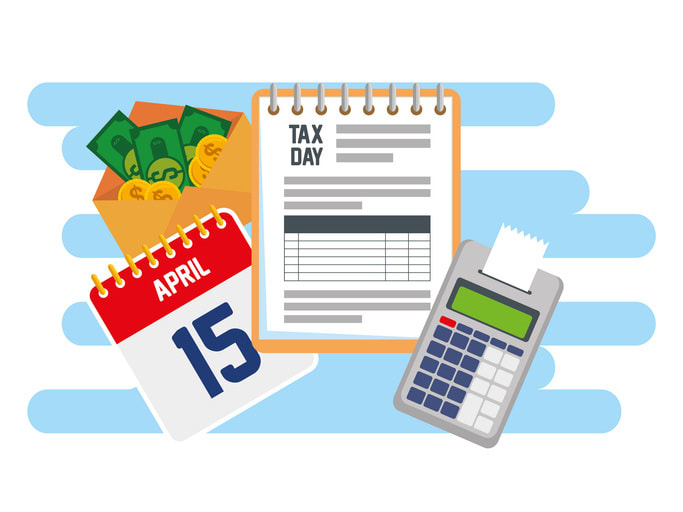
The demarcation between personal and business finances is not just a matter of organization; it’s a safeguard for your personal assets and a requisite for a credible business credit profile. Keeping your personal finances separate lays a clear path for financial integrity and creditworthiness.
Best practices for financial separation
Employing best practices for financial separation can streamline operations and safeguard both personal and business credit. Here are some practices to consider:
- Establish dedicated business accounts
- Meticulously organize receipts
- Aid in tax preparation
- Reinforce the professionalism and financial prudence of your enterprise
These practices can help ensure the success and stability of your business.
Planning for the future: long-term credit goals
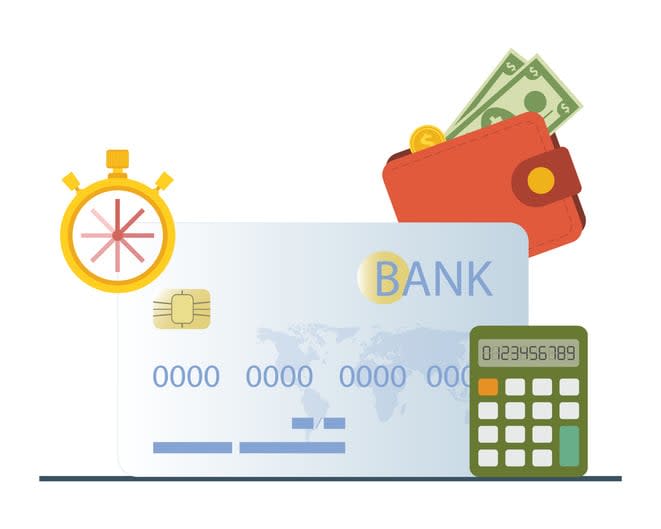
Setting your sights on the horizon involves crafting long-term credit goals to sustain your business’s growth over time. This forward-thinking approach is about more than just immediate needs; it’s about positioning your company to access the best financing options available in the coming years.
Creating a roadmap for business credit growth
A strategic roadmap for business success and credit growth is a blueprint for success. It outlines the steps and timeframes needed to achieve your desired credit status, ensuring your business is well-prepared for future opportunities and challenges.
This roadmap is your guide to navigating the financial landscape with confidence and precision.
Summary
From understanding the nuances of business credit to leveraging collaborative platforms like Kumospace, you are equipped to chart a course toward financial credibility that will serve your business for years to come. Let this knowledge be the cornerstone of your business’s financial edifice, strong and unwavering in the face of future endeavors.
Frequently Asked Questions
Choosing an LLC or corporation over a sole proprietorship for business credit offers protection for personal assets and allows the business to build its own credit profile, providing a clear advantage.
A personal guarantee can put your personal assets at risk because you become legally responsible for the business debts if the company fails to pay. Be cautious when considering a personal guarantee for securing business credit.
Monitoring your business credit score is important because it ensures accuracy, helps identify areas for improvement, and maintains the integrity of your financial reputation. Regular monitoring allows you to stay on top of any changes and address any potential issues promptly. Use collaboration tools like Kumospace to collaborate and reach fiscal responsibility among your teams.
Yes, using business credit cards can impact your personal credit score if the lender reports to both business and personal credit bureaus, particularly if payments are missed or balances are high. Be mindful of how your business credit card activity may affect your personal credit score.
In a strategic plan for business credit growth, it's important to outline actions such as establishing trade lines with suppliers who report to credit bureaus and set specific timeframes for achieving credit scores or utilization goals. This can help track progress and make informed decisions.





